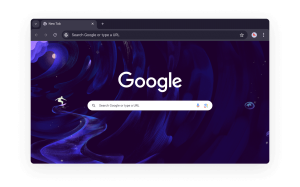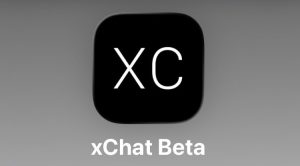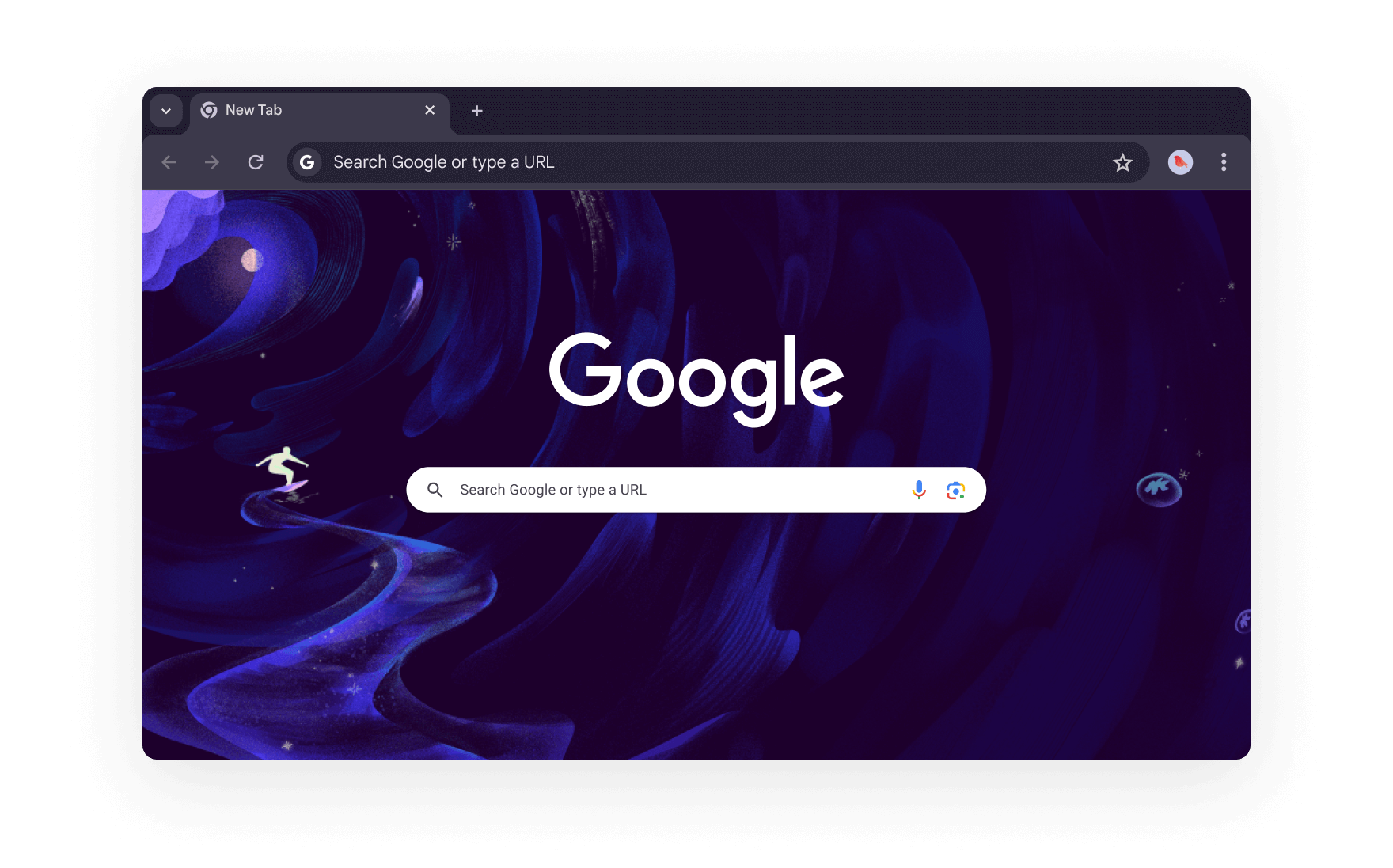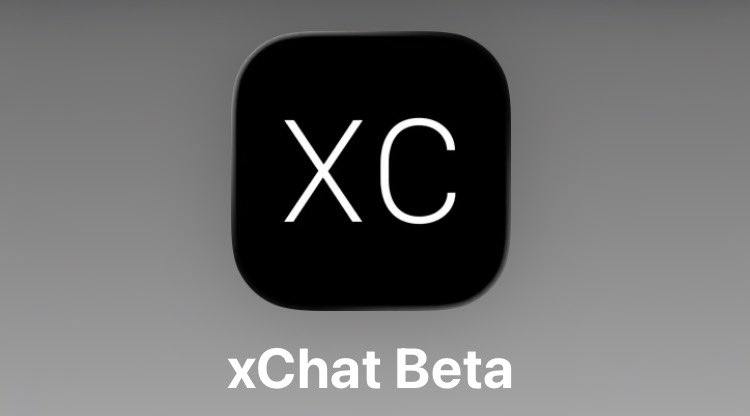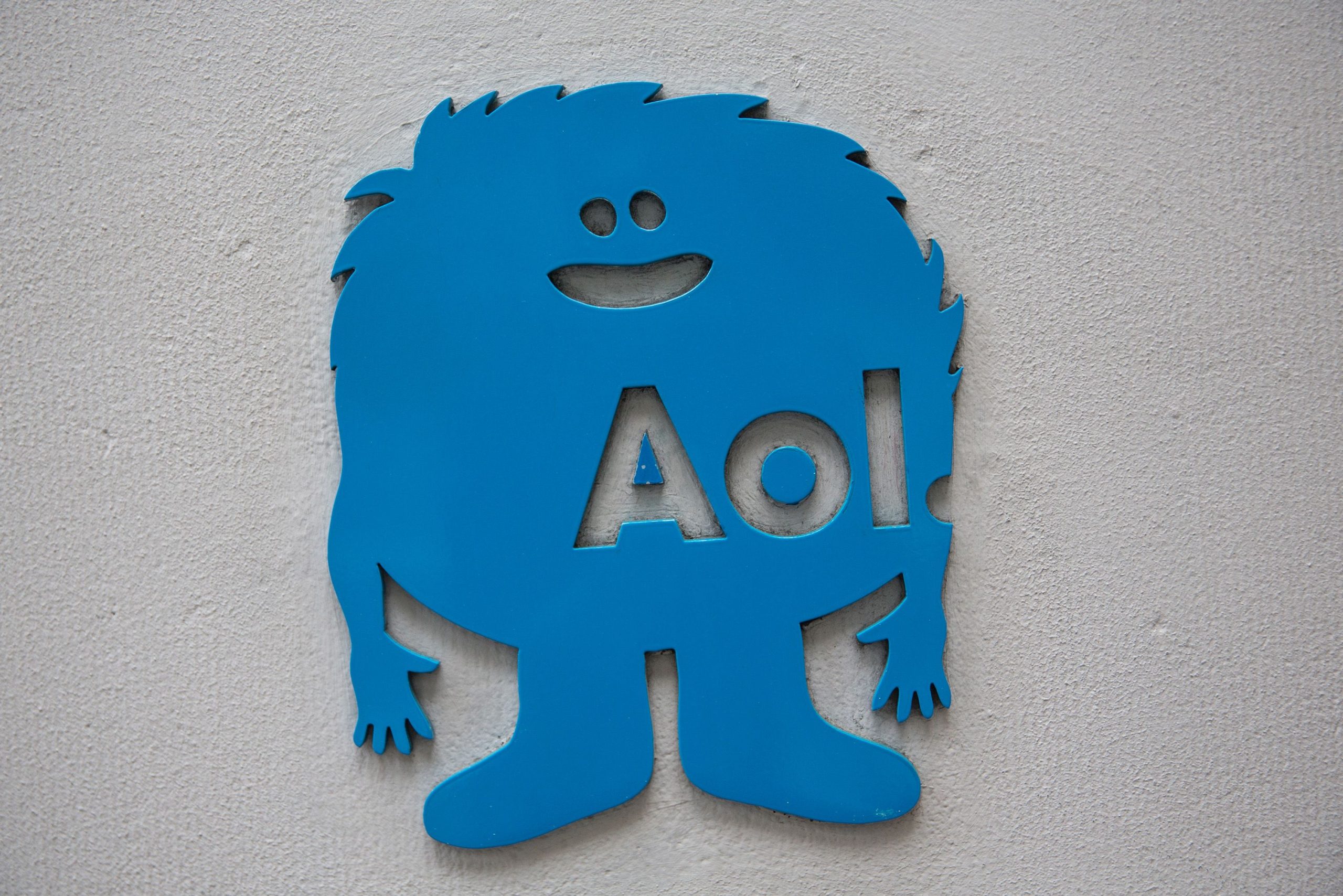
Bending Spoons, a prominent mobile application developer headquartered in Europe, has announced its definitive agreement to acquire AOL from Yahoo. The transaction, stemming from Yahoo’s current ownership under private equity giant Apollo Global Management, signifies a notable shift in the stewardship of one of the internet’s most historically significant brands. To facilitate this substantial purchase, Bending Spoons has successfully secured a robust debt financing package totaling $2.8 billion, underpinning its strategic expansion into established digital infrastructure.
The acquisition is currently slated for completion by the close of the calendar year, pending the fulfillment of customary closing conditions and the necessary regulatory approvals. This move has been anticipated, following earlier reports from Reuters that indicated Yahoo was in advanced discussions to divest AOL to the Italian-based tech firm for an estimated $1.4 billion, underscoring the dynamic financial landscape surrounding legacy internet assets.
A New Chapter for an Internet Pioneer
Luca Ferrari, CEO and co-founder of Bending Spoons, articulated the company’s vision for AOL in a recent press release. He described AOL as an "iconic, beloved business that’s in good health, has stood the test of time, and we believe has unexpressed potential." Ferrari further highlighted AOL’s enduring relevance, estimating it as one of the top ten most-used email providers globally, boasting a highly loyal customer base of approximately 8 million daily active users and 30 million monthly active users. This retention speaks volumes about the brand’s sticky user base, despite its diminished market presence compared to its heyday.
Ferrari emphasized Bending Spoons’ commitment to long-term investment, stating, "We intend to invest significantly to help the product and the business flourish." He also affirmed the company’s strategy of not selling acquired businesses, positioning Bending Spoons as the "right long-term steward for AOL," dedicated to serving its extensive customer base for many years ahead. This statement aims to reassure existing users and stakeholders about the stability and future direction of the platform.
Bending Spoons: A Strategic Acquirer
Bending Spoons has rapidly established itself as a formidable player in the digital economy, primarily through a strategy of acquiring and optimizing well-known but often underperforming digital assets. Founded in Milan, Italy, the company has carved out a niche by leveraging its expertise in mobile application development, artificial intelligence, and sophisticated growth marketing to revitalize acquired brands. Their portfolio includes a string of high-profile American digital properties, such as Vimeo, the video hosting platform; Evernote, the popular note-taking application; and Meetup, the social gathering platform.
This consistent pattern of acquisitions signals a clear strategic intent: to consolidate a diverse range of digital services under its operational umbrella. Bending Spoons prides itself on its ability to streamline operations, enhance user experience, and drive profitability through data-driven decisions and technological innovation. The company’s model often involves integrating its proprietary AI and operational frameworks across its acquired platforms, seeking synergies and efficiencies that might have been overlooked by previous owners. The acquisition of AOL, with its deeply ingrained email service and content offerings, represents a significant expansion beyond pure mobile applications, venturing into core internet infrastructure.
AOL’s Storied Journey Through the Digital Age
The story of AOL is intrinsically linked to the evolution of the internet itself, embodying both the triumphs and tribulations of early digital pioneers.
-
1985-1990s: The Dawn of Online Services. Originating as Control Video Corporation in 1985, and later Quantum Computer Services, the company rebranded as America Online in 1991. It quickly became synonymous with internet access for millions, primarily through its user-friendly interface, curated content, and the iconic "You’ve Got Mail" notification. Its aggressive marketing strategy, famously involving millions of free trial CD-ROMs, cemented its place in popular culture and introduced countless households to the nascent World Wide Web. AOL’s "walled garden" approach, offering proprietary content and services alongside internet access, proved incredibly popular in an era when the web was still largely inaccessible and complex for the average user.
-
2001: The Time Warner Merger. At the height of the dot-com bubble, AOL made a monumental move, merging with media giant Time Warner in a $164 billion deal. Hailed as the "merger of equals," it was envisioned as a fusion of new media (AOL) with traditional media (Time Warner). However, the timing proved disastrous. The dot-com bubble burst shortly after, and the rapid shift from dial-up to broadband internet eroded AOL’s primary revenue stream. Cultural clashes between the two corporate behemoths, coupled with an inability to effectively integrate their diverse businesses, led to massive financial write-downs and a widely recognized failure in corporate history.
-
2009: Spinoff and Reinvention Attempts. After years of struggle, AOL was finally spun off from Time Warner in 2009, becoming an independent publicly traded company. Under new leadership, it embarked on several attempts at reinvention, shifting its focus from internet access to content and advertising. Key acquisitions during this period included The Huffington Post in 2011, a significant move into digital journalism, and TechCrunch, the influential technology news site. Despite these efforts, AOL struggled to regain its former glory, facing fierce competition from Google, Facebook, and a new generation of digital platforms.
-
2015: Verizon Acquisition. In 2015, Verizon Communications acquired AOL for approximately $4.4 billion. This move was part of Verizon’s ambitious strategy to build a digital media and advertising business, leveraging its vast mobile subscriber base. AOL, along with Yahoo (which Verizon acquired in 2017), formed the core of Verizon’s Oath division, later rebranded as Verizon Media. The vision was to create a powerful advertising platform capable of competing with the digital duopoly, but this too largely failed to materialize as anticipated.
-
2021: Apollo Global Management. In a further divestiture, Verizon sold Verizon Media (including AOL and Yahoo) to private equity firm Apollo Global Management in 2021 for $5 billion, effectively ending Verizon’s foray into digital media. Apollo’s ownership has focused on optimizing these assets, leading to the current sale of AOL to Bending Spoons.
The Rationale Behind the Acquisition
For Bending Spoons, acquiring AOL offers several compelling advantages. Firstly, it provides a stable, if mature, revenue stream from its email service and associated advertising. The stated 8 million daily and 30 million monthly active users represent a substantial, engaged audience that can be leveraged. This user base, while perhaps not growing rapidly, offers predictability and a foundation upon which Bending Spoons can apply its optimization strategies.
Secondly, the acquisition diversifies Bending Spoons’ portfolio beyond purely mobile-first applications. It gains a foothold in email and potentially other legacy web services, broadening its market reach and reducing reliance on any single segment of the digital economy. This move also aligns with a broader trend in the tech industry where established, often undervalued, brands are being acquired by companies that believe they can extract new value through modern operational efficiencies and technological enhancements.
Thirdly, Bending Spoons’ expertise in AI and user experience could potentially breathe new life into AOL’s existing offerings. Modernizing the email client, integrating advanced spam filtering, or enhancing content delivery through AI-driven personalization could appeal to its loyal user base and potentially attract new users. The company’s track record with Evernote and Vimeo suggests a capability to identify core value, strip away inefficiencies, and invest in targeted improvements.
Market Implications and Future Outlook
The acquisition of AOL by Bending Spoons is indicative of several broader market trends. It highlights the continued value placed on established brands and large, albeit aging, user bases in the digital landscape. Even if a service is no longer at its peak, its long-standing presence and user loyalty can represent a significant asset for an acquirer with a clear revitalization strategy.
For Yahoo and Apollo, the sale of AOL further streamlines their portfolio, allowing them to focus on core Yahoo properties and other strategic investments. The reported discrepancy between the initial Reuters figure of $1.4 billion for the sale and the $2.8 billion debt financing package secured by Bending Spoons suggests that the financing may cover more than just the direct acquisition cost, potentially including operational capital or other strategic investments in the acquired entity. This is a common practice in private equity-backed deals, where debt is used not just for the purchase but also for future growth initiatives.
The broader social and cultural impact of this acquisition lies in the ongoing narrative of internet history. AOL, once a gateway to the internet for millions, has become a symbol of both innovation and the relentless pace of technological change. Its journey from a dominant force to a series of corporate hand-offs reflects the dynamic nature of the tech industry. Bending Spoons’ pledge to be a "long-term steward" suggests a desire to preserve and evolve the brand, rather than simply dismantle it. The success of this endeavor will depend on their ability to integrate modern tech strategies with AOL’s legacy infrastructure and user expectations.
In conclusion, Bending Spoons’ acquisition of AOL represents a strategic gambit to revitalize a foundational internet brand using contemporary tech methodologies. It underscores the enduring value of digital heritage when paired with innovative operational approaches, marking another pivotal moment in AOL’s storied, multi-decade narrative. The industry will be watching to see if Bending Spoons can unlock the "unexpressed potential" in this iconic digital asset.

